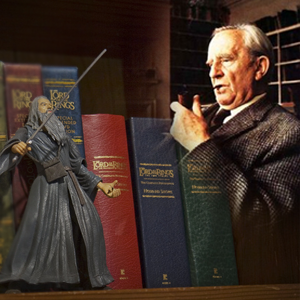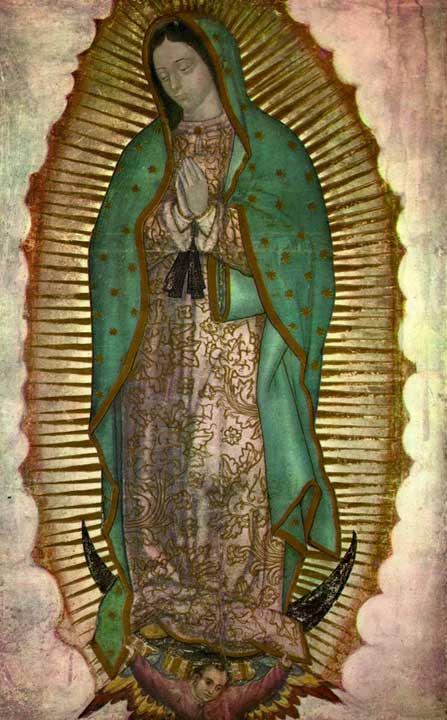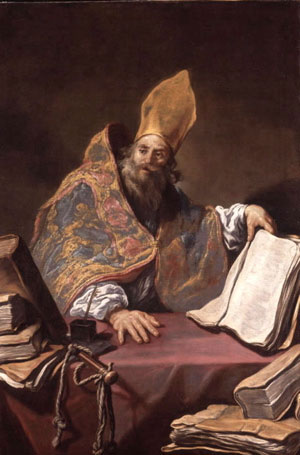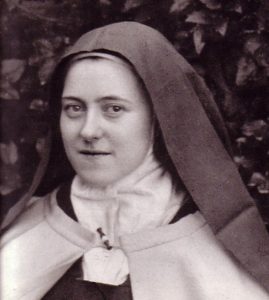Podcast: Play in new window | Download (Duration: 46:13 — 31.9MB) | Embed
Subscribe: Apple Podcasts | Spotify | Amazon Music | Android | Pandora | iHeartRadio | JioSaavn | Podchaser | Gaana | Podcast Index | Email | TuneIn | Deezer | Anghami | RSS | More

A Spiritual Awakening Through Suffering – The Life of St. Teresa of Avila – Beginning to Pray with Dr. Anthony Lilles
Join Dr. Anthony Lilles and Kris McGregor as they dive into the life of St. Teresa of Avila, using her autobiography, “The Life of St. Teresa of Jesus of The Order of Our Lady of Carmel”. In this episode, Dr. Lilles discuss Teresa’s novitiate experience, where she was considered dead for four days.
Her severe illness, questionable medical treatment, and subsequent recovery are recounted, emphasizing her gratitude for God’s grace and a renewed commitment to prayer during a three-year recovery marked by comas and pain. Teresa’s struggle with discouragement during her recovery becomes a central theme, with a focus on her fear of offending God and reluctance to confront her imperfections. The concept of fear of the Lord is explored, distinguishing it from a fearful approach to God, with Dr. Lilles stressing the need to acknowledge one’s limitations, surrender to God, and trust in His mercy.
The transformative nature of prayer is also highlighted, acknowledging that engaging in prayer may initially disrupt one’s life. However, through prayer, individuals come to realize their dependence on God and His guidance through struggles. The potential fear of God asking individuals to do challenging things is discussed, with an emphasis on trust in His intentions for spiritual growth.

“After those four days, during which I was insensible, so great was my distress, that our Lord alone knoweth the intolerable sufferings I endured. My tongue was bitten to pieces; there was a choking in my throat because I had taken nothing, and because of my weakness, so that I could not swallow even a drop of water; all my bones seemed to be out of joint, and the disorder of my head was extreme. I was bent together like a coil of ropes—for to this was I brought by the torture of those days—unable to move either arm, or foot, or hand, or head, any more than if I had been dead, unless others moved me; I could move, however, I think, one finger of my right hand. Then, as to touching me, that was impossible, for I was so bruised that I could not endure it. They used to move me in a sheet, one holding one end, and another the other. This lasted till Palm Sunday.
The only comfort I had was this—if no one came near me, my pains frequently ceased; and then, because I had a little rest, I considered myself well, for I was afraid my patience would fail: and thus I was exceedingly happy when I saw myself free from those pains which were so sharp and constant, though in the cold fits of an intermittent fever, which were most violent, they were still unendurable. My dislike of food was very great.
I was now so anxious to return to my monastery, that I had myself conveyed thither in the state I was in. There they received alive one whom they had waited for as dead; but her body was worse than dead: the sight of it could only give pain. It is impossible to describe my extreme weakness, for I was nothing but bones. I remained in this state, as I have already said,126 more than eight months; and was paralytic, though getting better, for about three years. I praised God when I began to crawl on my hands and knees. I bore all this with great resignation, and, if I except the beginning of my illness, with great joy; for all this was as nothing in comparison with the pains and tortures I had to bear at first. I was resigned to the will of God, even if He left me in this state for ever. My anxiety about the recovery of my health seemed to be grounded on my desire to pray in solitude, as I had been taught; for there were no means of doing so in the infirmary. I went to confession most frequently, spoke much about God, and in such a way as to edify everyone; and they all marvelled at the patience which our Lord gave me—for if it had not come from the hand 34 of His Majesty, it seemed impossible to endure so great an affliction with so great a joy.”
Excerpt from Chapter 6 from “The Life of St. Teresa of Jesus of The Order of Our Lady of Carmel”
Listen Here to the Discerning Hearts audio recording of “The Life of St. Teresa of Jesus” by St. Teresa of Avila
For other audio recordings of various spiritual classics you can visit the Discerning Hearts Spiritual Classics page.
Anthony Lilles, S.T.D. is an associate professor and the academic dean of Saint John’s Seminary in Camarillo as well as the academic advisor for Juan Diego House of Priestly Formation for the Archdiocese of Los Angeles. For over twenty years he served the Church in Northern Colorado where he joined and eventually served as dean of the founding faculty of Saint John Vianney Theological Seminary in Denver. Through the years, clergy, seminarians, religious and lay faithful have benefited from his lectures and retreat conferences on the Carmelite Doctors of the Church and the writings of St. Elisabeth of the Trinity.
- 0:00-4:35: Introduction and gratitude for exploring St. Teresa’s life.
- 4:35-8:30: Discussion of St. Teresa’s novitiate experience, being considered dead for four days, and the significance of this event.
- 8:30-11:25: St. Teresa’s severe illness, questionable medical treatment, and her recovery marked by comas and pain.
- 11:25-15:05: Brief discussion of the nature of St. Teresa’s ailment and parallels with modern medicine.
- 15:05-17:15: The importance of cultivating mindfulness of death and how serious illness can foster such awareness.
- 17:15-20:25: St. Teresa’s struggle with discouragement during her recovery, fear of offending God, and the concept of fear of the Lord.
- 20:25-23:20: Msgr. Esseff’s insight on approaching God with humility, acknowledging limitations, and trusting in God’s mercy.
- 23:20-27:05: St. Teresa’s discouragement due to a misunderstanding of fear and failure to accept her position as a beggar before God.
- 27:05-30:30: The transformative nature of prayer, disrupting one’s life, and realizing dependence on God through struggles.
- 30:30-33:45: Potential fear of God asking individuals to do challenging things and the importance of trust in His intentions.
- 33:45-37:20: Caution against the abuse of devotions, true devotion involving surrender to God’s will, and St. Teresa’s devotion to St. Joseph.
- 37:20-40:30: St. Teresa’s upcoming journey of embracing the gift of prayer and learning from St. Joseph’s silent guidance.
- 40:30-44:00: St. Joseph’s continued care for humanity and his role in St. Teresa’s reform, including the establishment of the first convent dedicated to him.
- 44:00-45:38: Conclusion and summary of the overarching theme emphasizing humility, surrender, and trust in God’s mercy.

 In this episode, host Kris McGregor engages in a profound dialogue with Father Timothy Gallagher about the Christian underpinnings in J.R.R. Tolkien’s “The Lord of the Rings.” Father Gallagher delves into the non-allegorical but deeply Christian and Catholic elements of Tolkien’s masterpiece. He clarifies that while “The Lord of the Rings” is set in a pre-Christian era and does not explicitly reference Christianity, its truth and values are significantly shaped by Tolkien’s Christian worldview.
In this episode, host Kris McGregor engages in a profound dialogue with Father Timothy Gallagher about the Christian underpinnings in J.R.R. Tolkien’s “The Lord of the Rings.” Father Gallagher delves into the non-allegorical but deeply Christian and Catholic elements of Tolkien’s masterpiece. He clarifies that while “The Lord of the Rings” is set in a pre-Christian era and does not explicitly reference Christianity, its truth and values are significantly shaped by Tolkien’s Christian worldview.










